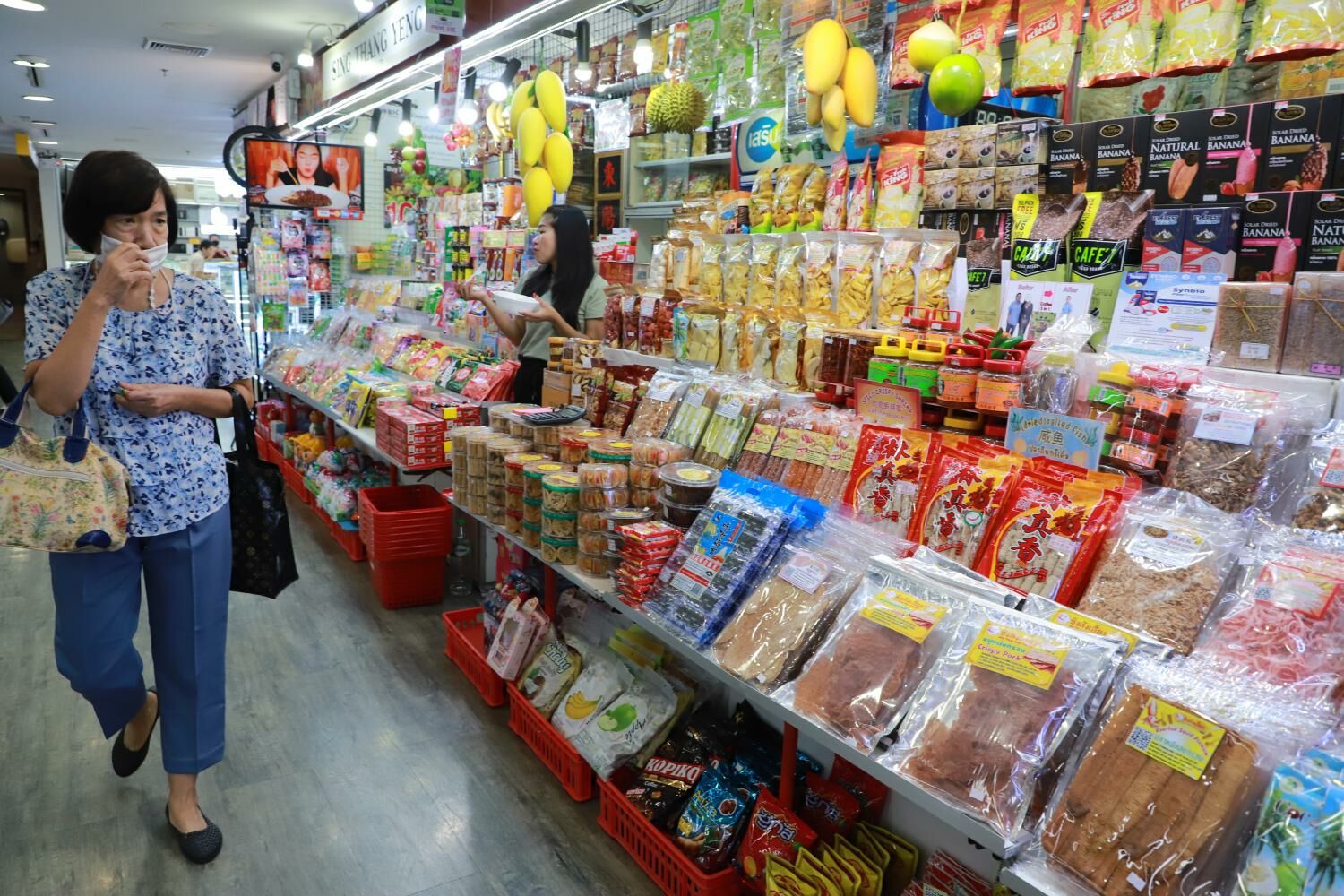Floods drive August inflation up 0.35% due to rising food prices

Rising prices of fresh vegetables and fruit, influenced by flood-damaged production areas, have driven up inflation by 0.35% in August.
Director-General of the Trade Policy and Strategy Office (TPSO), Poonpong Naiyanapakorn, reported that headline inflation in August saw a 0.35% year-on-year increase. The surge in food prices, particularly fresh vegetables and fruit, was primarily due to flooding in agricultural regions, which reduced crop yields. Additionally, the costs of rice, glutinous rice, and ready-to-eat meals have also risen.
The consumer price index (CPI) for August showed a 0.07% month-on-month increase, with a notable 0.79% rise in the food and non-alcoholic beverages category. Over the past eight months, the average CPI climbed by 0.15% year-on-year.
Core inflation, which excludes fresh food and energy, grew by 0.62% year-on-year. For the first eight months of the year, core inflation averaged 0.44%.
Looking ahead to September, the TPSO expects headline inflation to rise, driven by three main factors. Firstly, the price ceiling for diesel is now 33.00 baht (US$1) per litre, higher than the same period last year due to the termination of government support measures.
Secondly, continued flooding impacts have led to increased prices for fresh vegetables and fruit, although this is anticipated to be a short-term effect. Thirdly, geopolitical conflicts may cause uncertainty in key commodity prices and increase freight and shipping costs.
August inflation
Poonpong noted that certain factors might help temper inflation. For instance, government measures have led to a year-on-year decline in electricity prices.
Additionally, heightened competition among large-scale wholesale and retail traders could also play a role. The growth of e-commerce is another mitigating factor, promoting trade policies that include continuous price reductions.
Furthermore, Poonpong highlighted that the base price of Dubai crude oil in 2023 was higher than the current price, with oil prices slowly recovering due to sluggish global economic growth.
“The digital wallet scheme will not increase inflation but is expected to lift household purchasing power.”
For the fourth quarter, the TPSO forecasts an average headline inflation rate of 1.5%, attributing it to rising global crude oil prices and the end of government support measures for fuel and electricity prices.
The Commerce Ministry projects headline inflation for the year to fall within a range of 0.0% to 1.0%, averaging 0.5%, which aligns with current economic trends, reported Bangkok Post.
In a broader context, Thailand’s inflation rate in July 2024, which increased by 0.83% year-on-year, places the country in the low-inflation group, ranking 10th out of 128 economies that reported figures. Within ASEAN member nations, Thailand holds the second-lowest inflation rate.
Latest Thailand News
Follow The Thaiger on Google News:


























